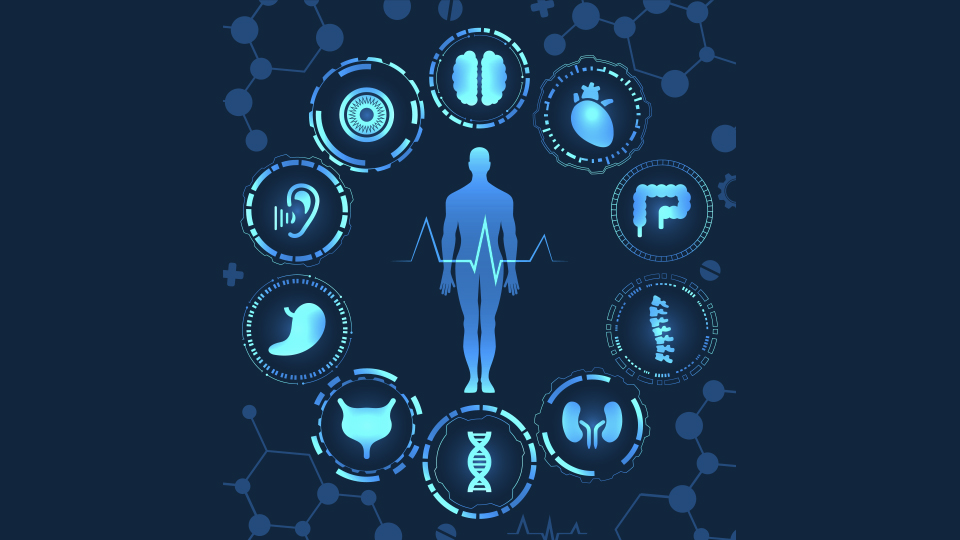Energy and metabolism in critically ill patients: reports from the 8th Translational Research Meeting of the French Intensive Care Society (Paris, December 2nd, 2022)
DOI:
https://doi.org/10.37051/mir-00184Keywords:
Metabolism, energetic dysfunction, intensive care, mitochondrion, nutrientsAbstract
The Translational Research Committee of the French Intensive Care Society organized its annual Seminar in Paris on December 2nd, 2022. This seminar aims to bring together clinicians and scientists to discuss major research questions in the field of intensive care medicine. The topic of the 8th edition of the meeting was on challenges and promises related to research on metabolic and energetic dysfunctions in critically ill patients.
New data about expanding research on bioenergetic disorders in animal models and critically ill patients were presented. Alterations of oxygen consumption, increased levels of circulating substrates, impaired glucose and lipid oxidation, and mitochondrial dysfunction are all associated with organ dysfunction and poor outcomes in these setting. Recent understandings in substrate utilization and mitochondrial dysfunction may pave the way for new diagnostic and therapeutic approaches. These findings could help physicians to identify distinct subgroups of patients and, subsequently, to personalize treatment strategies. Implications for their use as bioenergetic targets to identify metabolism- and mitochondria-targeted treatments need to be evaluated in future studies.
The symposium proceedings were written by members of the Translational Research Committee of the French Intensive Care Society and validated by the speakers.


